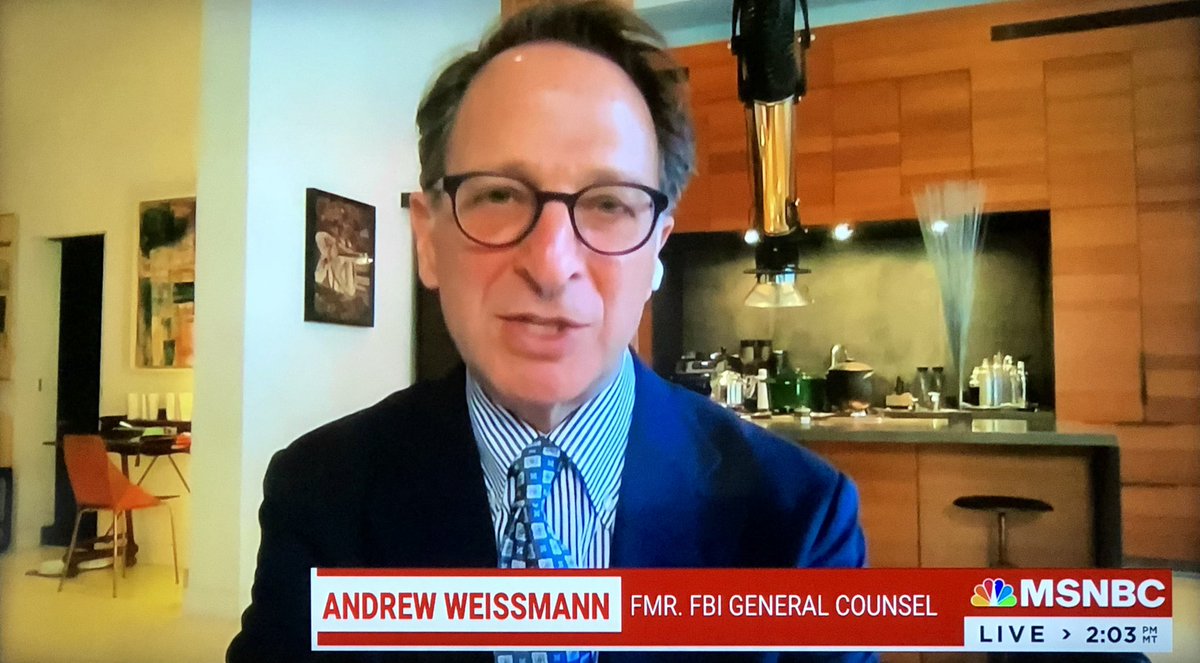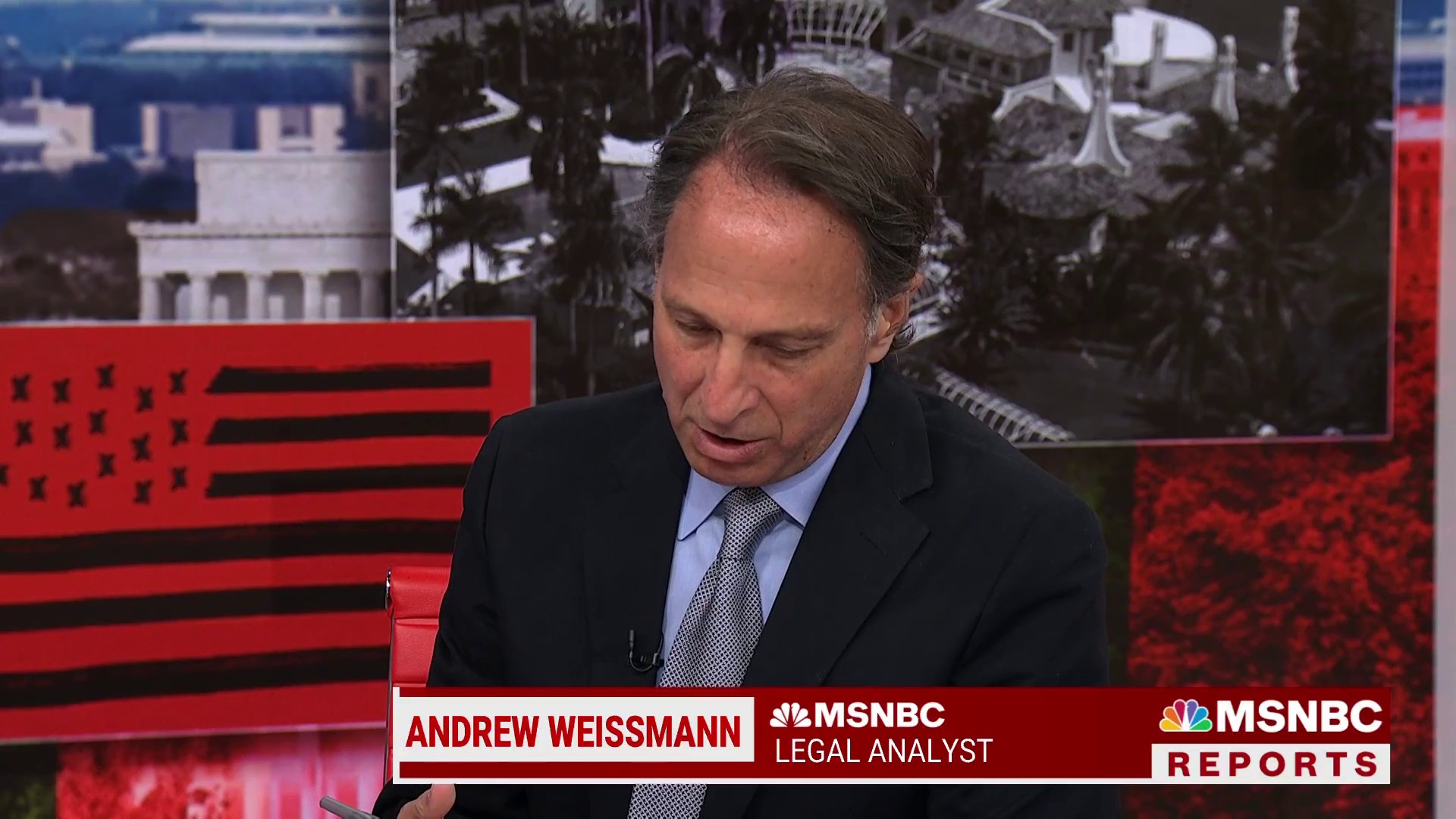Andrew Weissmann Defamation Case & Legal Updates
Is Andrew Weissmann a legal eagle or a lightning rod? His career, marked by high-profile cases and outspoken commentary, has sparked both admiration and fierce criticism, positioning him as a key figure in the ongoing narrative of American justice.
Weissmanns trajectory from the Enron Task Force to the Mueller investigation and now to MSNBC has been anything but quiet. His sharp legal mind and willingness to engage in public discourse have placed him at the center of some of the most contentious legal battles of our time. The recent defamation lawsuit filed against him by Stefan Passantino, a former White House ethics counsel, underscores the complexities and potential pitfalls of a career lived in the legal limelight.
| Full Name | Andrew Weissmann |
| Born | March 17, 1958 |
| Nationality | American |
| Occupation | Attorney, Professor, Legal Analyst |
| Known for | Lead Prosecutor in Mueller Investigation, Enron Task Force, MSNBC Legal Analyst |
| Education | Princeton University, Columbia Law School |
| Career Highlights |
|
| Reference | NYU School of Law |
The lawsuit stems from a tweet by Weissmann in which he accused Passantino of coaching Cassidy Hutchinson, a former aide to Mark Meadows, to lie to the January 6th committee. Passantino vehemently denies the allegation, claiming it has severely damaged his professional reputation and led to significant business losses. A federal judge has refused to dismiss the case, setting the stage for a legal showdown that will delve into the intricacies of defamation law and the boundaries of free speech, particularly in the context of online platforms.
This legal battle shines a spotlight on the evolving landscape of public discourse in the digital age. While social media platforms like X (formerly Twitter) offer unparalleled opportunities for instantaneous communication and the sharing of perspectives, they also present unique challenges regarding accuracy, accountability, and the potential for reputational harm. The Weissmann-Passantino case raises crucial questions about the responsibility of individuals, especially those with substantial public platforms, to ensure the veracity of their statements and the potential consequences of disseminating potentially damaging information online.
Weissmanns career has been punctuated by significant legal controversies. His role in the Enron prosecution, while lauded by some, has drawn criticism from others who allege prosecutorial overreach. Similarly, his involvement in the Mueller investigation, which examined Russian interference in the 2016 presidential election, continues to be a subject of intense debate. His critics contend he exhibited bias and pursued a politically motivated agenda, while his supporters maintain he acted with integrity and upheld the rule of law.
Beyond the courtroom and the television studio, Weissmann has also engaged in scholarly pursuits. His position as a professor of practice at New York University School of Law allows him to share his extensive legal experience with the next generation of lawyers. This academic role underscores his commitment to legal education and the development of thoughtful, ethical legal practitioners.
The defamation case against Weissmann is more than just a legal dispute between two individuals; it represents a larger societal struggle to navigate the complexities of truth, accountability, and freedom of expression in the digital age. The outcome of this case could have significant implications for how public figures engage in online discourse and the potential legal ramifications of their statements.
Weissmanns career trajectorymarked by triumphs, controversies, and unwavering engagement in the public squarecontinues to unfold. As the legal battle with Passantino progresses, it will undoubtedly draw further attention to his role in shaping the ongoing narrative of American law and justice. Whether one views him as a champion of justice or a controversial figure, Andrew Weissmanns impact on the legal landscape is undeniable. His story serves as a potent reminder of the power of law, the importance of accountability, and the ongoing evolution of free speech in the digital era.
The April 14, 2025 tweet referenced in some online discussions, if authentic, raises additional questions about the context and intent behind Weissmanns online activity. However, given the fluid nature of online information, verifying the authenticity and interpretation of such content is paramount. The ongoing legal proceedings will likely shed further light on these matters and offer a more comprehensive understanding of the complex issues at play.
Furthermore, discussions regarding the Bragg case and the involvement of Weissmann and Harry Litman, as well as the re-surfacing of debates regarding the Enron case and the Skilling prosecution, highlight the persistent scrutiny surrounding Weissmanns career and the ongoing relevance of these past legal battles. As these discussions continue to unfold in both traditional and online media, it becomes increasingly crucial to engage with these narratives thoughtfully and critically, considering the multiple perspectives and complexities involved.


